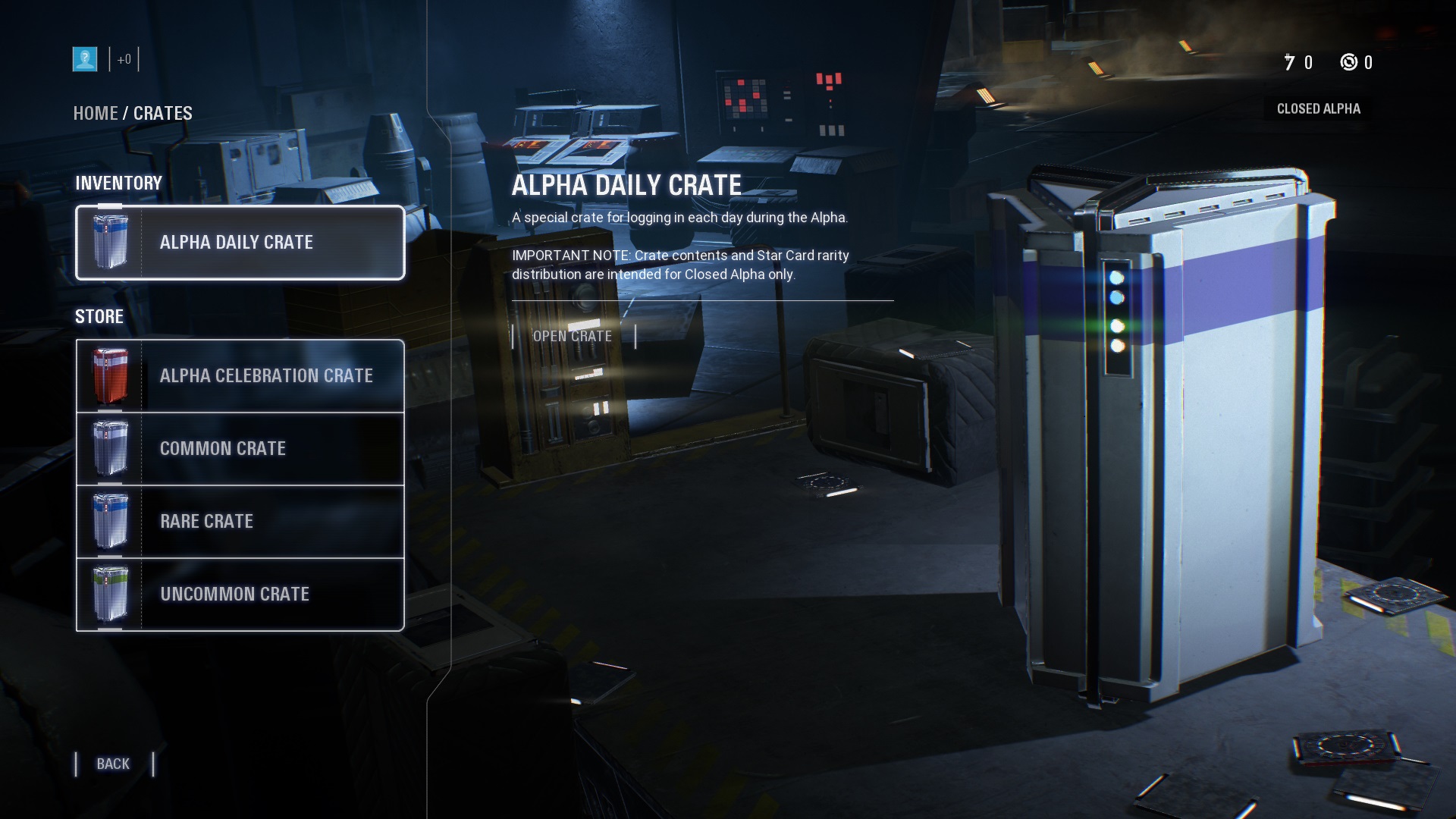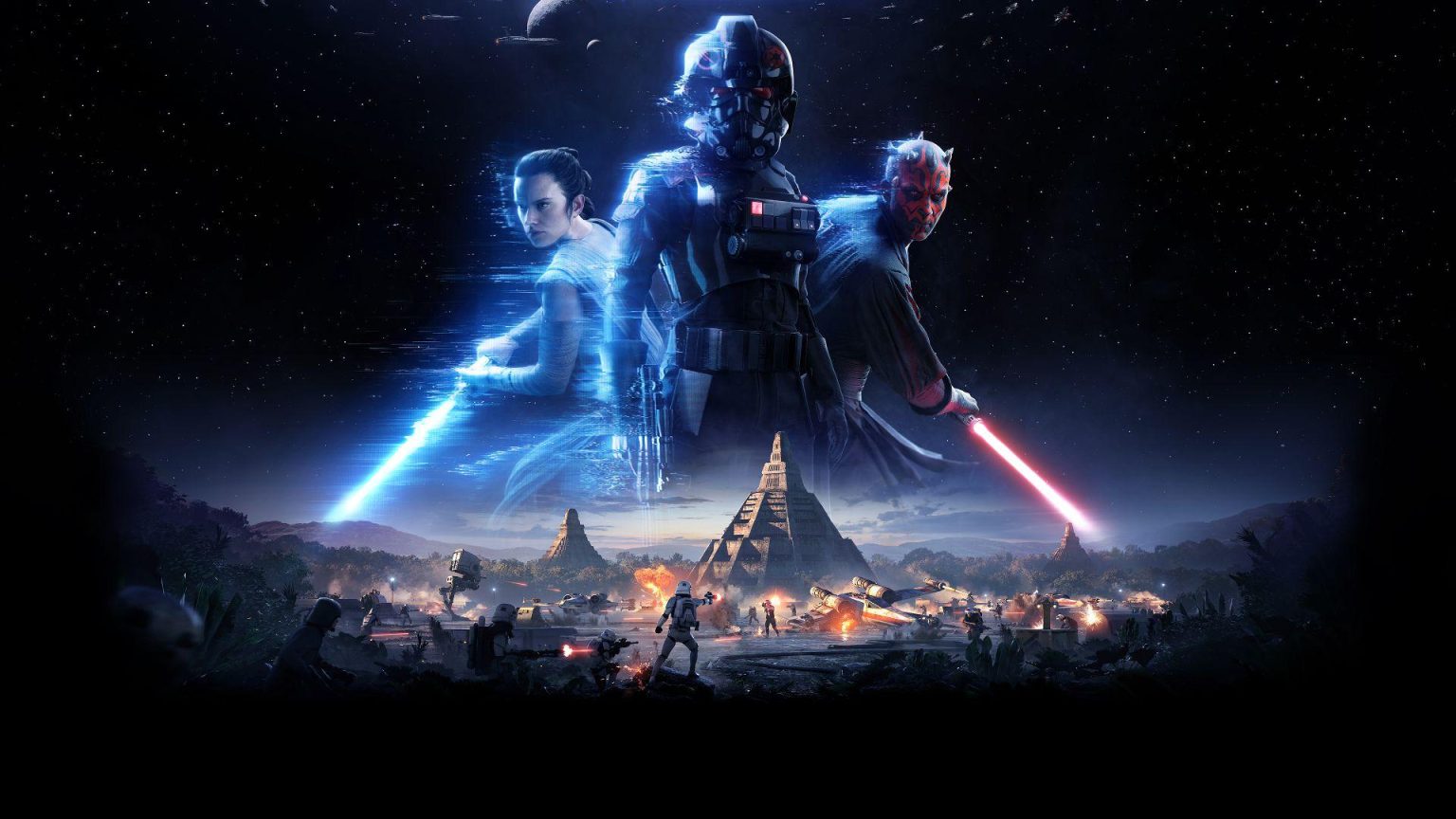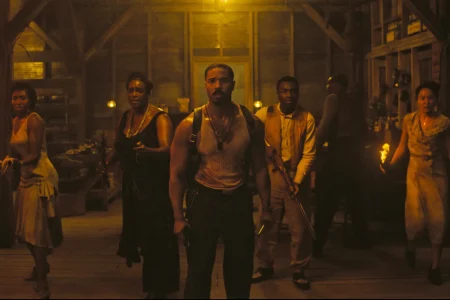Are Loot Boxes a Form of Gambling?
The battle over loot boxes continues to heat up as Germany’s Youth Protection Commission enters the fray. Citing a study by the University of Hamburg that concluded the business model constitutes as gambling, the Youth Protection Commission is claiming the practice should be banned.
Welt, a German publication, first reported about the study on February 2. According to chairman of the Youth Protection Commission, Wolfgang Kreißig, it is “conceivable” (the direct English translation of the world “denkbar”) that loot boxes violate the German law in its protection of children and adolescents from gambling. According to the study, players need to pay money for loot boxes to gain an advantage in the virtual space, essentially creating a “Pay-to-Win” model. This model has produced around eight billion euros for publishers in 2016.

Germany isn’t the only country considering a ban on loot boxes. Other critics of loot boxes from Belgium, the United States, and other countries have suggested that the real-money purchases should be subjected to some form of regulation. Belgium’s battle over loot boxes heated up around the release of Star Wars Battlefront II, and the government is currently engaged in an investigation to determine if the game feature is indeed gambling. The Belgium Gambling Commission concerns focus on loot boxes’ potential negative impacts on children’s mental health. Belgium hopes to take the issue to Europe at large. A ban in Germany would favor Belgium’s own crusade and bolden critics of loot boxes in Europe to wipe the feature from more European countries. In America, some political representatives have voiced similar concerns from Washington state to Hawaii.
In January 2018, state Senator Kevin Ranker told The News Tribune, “It is unacceptable to be targeting our children with predatory gambling masked in a game with dancing bunnies or something.” Senator Ranker has introduced a bill that would require Washington state’s gambling commission to consult with the video game industry over regulating the loot box feature. Chris Lee, a Democrat from Hawaii, has proposed banning games with loot boxes for people under the age of 21 and has likened the infamous feature in Star Wars Battlefront II to “a trap” in a video posted to YouTube in November 2017.
However, North America’s video games rating board, the ESRB, does not consider loot boxes to be gambling. In October, an ESRB spokesman told Kotaku, “While there’s an element of chance in these mechanics, the player is always guaranteed to receive in-game content. We think of it as a similar principle to collectible card games: Sometimes you’ll open a pack and get a brand new holographic card you’ve had your eye on for a while. But other times you’ll end up with a pack of cards you already have.” PEGI, Europe’s own rating board, has stated they can not say if loot boxes constitute as gambling and that gambling commissions would have to determine that.
Germany’s Youth Association will reach a decision on loot boxes in March. Whether they decide to ban the controversial game feature or not, the issue will still likely gain steam. Gamers have panned the game feature as unfair in video games, as evidenced by the backlash to Star Wars Battlefront II, but the games industry has found it to be profitable and hasn’t signaled a change of course from the feature. Government agencies getting involved in the debate could change the landscape forever.
The ongoing loot box controversy pertains to more than just Star Wars Battlefront II. For more, check out fellow writer Geron Graham’s breakdown of Destiny 2’s XP cool-down and Eververse backlash.
Shane Bond has been an avid gamer for 24 years. He first found his love for gaming watching his dad play Super Mario Bros. on the original Nintendo when he was five. His first console given to him was a Sega Genesis when he turned seven and played an inordinate amount of hours on Sonic II. Since then Shane has played or owned nearly every console since, including some PC gaming. Shane graduated from California State University of East Bay in 2012 with a degree in journalism and wrote for various publications afterwards as a city government reporter. Outside of writing and video games, Shane has been training in Brazilian Jiu Jitsu for four years. Shane also watches more anime than he should.








